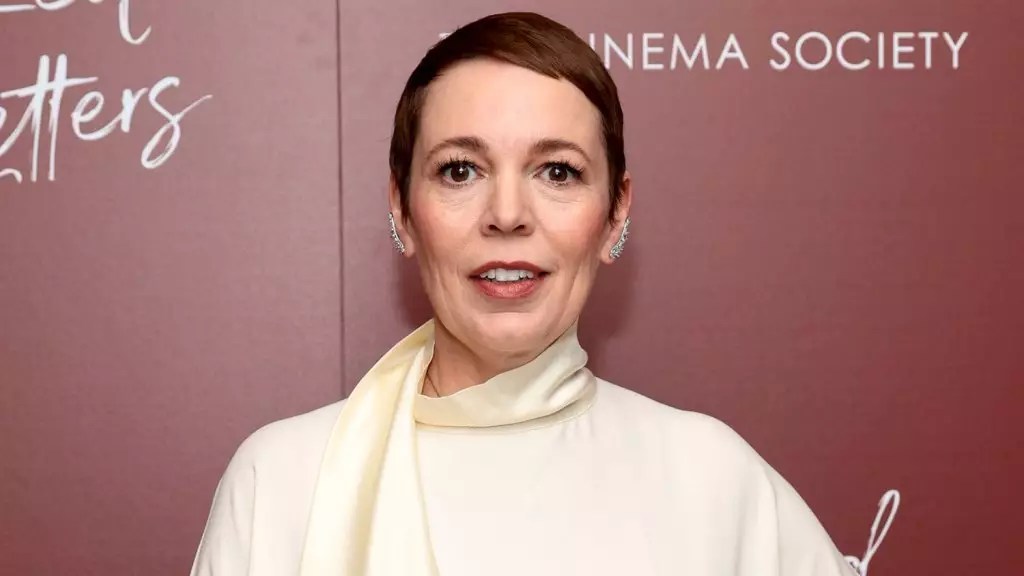Olivia Colman recently spoke out about the pay disparity in Hollywood, highlighting the fact that male actors continue to earn more than their female counterparts. She expressed her frustration with the industry’s reasoning that male actors draw in more audiences, despite evidence suggesting otherwise. Colman emphasized that her own pay is significantly lower than what it would be if she were male, pointing out a shocking 12,000% difference in earnings.
Colman’s experience is not isolated, as other Hollywood stars have also shared their struggles with unequal pay. Taraji P. Henson, known for her work in projects like The Color Purple, has been vocal about the undervaluation of Black actresses in the industry. Henson admitted to almost quitting due to being underpaid, expressing frustration at working hard yet receiving only a fraction of what she deserves. This sentiment is echoed by many other actresses who feel marginalized and undercompensated for their efforts.
The issue of pay disparity in Hollywood is reflective of broader systemic inequalities that exist within the entertainment industry. Despite advancements in gender and racial representation, disparities in pay continue to persist. The notion that certain individuals are more valuable or deserving of higher pay based on outdated perceptions is a barrier to achieving true equality. It is clear that structural changes are needed to address these disparities and ensure fair compensation for all talent.
As more actors like Olivia Colman and Taraji P. Henson speak out against pay disparity, there is a growing push for change within the industry. Advocates are calling for greater transparency in salary negotiations, as well as efforts to recalibrate compensation structures to eliminate biases. It is crucial for Hollywood and other entertainment industries to recognize the importance of fair pay and equal opportunities for all performers, regardless of gender, race, or background.
The revelations made by Olivia Colman and Taraji P. Henson shed light on the ongoing challenges faced by actors in Hollywood when it comes to fair pay. The industry must confront its long-standing biases and take meaningful steps towards creating a more equitable and inclusive environment for all talent. By addressing pay disparity and valuing performers based on their merits rather than outdated stereotypes, Hollywood can work towards a future where all actors are fairly compensated for their contributions.


Leave a Reply